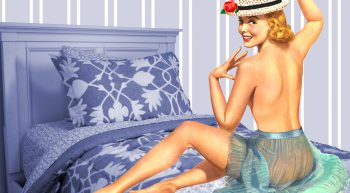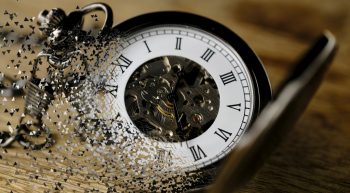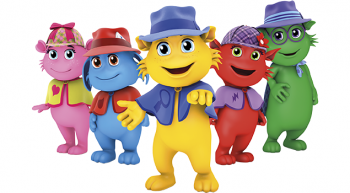Coming on the heels of a $25 million jury verdict against Cox Communications for copyright infringement brought by BMG, last December saw a jury award an astonishing $1 billion award against Cox in a suit brought by Sony. These large damage awards were all due to one thing: Cox's ultra-cynical and self serving treatment of their obligations under the DMCA. Cox, naturally, wants the Judge to throw out the verdict, or at least get a "do-over." Did they get it? Nova Southeastern University's Copyright Officer, Stephen Carlisle, J.D., takes a deep dive into the Judge's 75-page opinion, particularly on the issue of statutory damages.









